Organic farming has now become a prime topic of discussion and concern in the agricultural sector. It is a method of farming that requires farmers to operate a system based on ecological principles and which imposes strict limitations on the inputs that can be used in order to minimize damage to the environment and wildlife. So, emphasis is given on natural methods of production and pest control. Organic agriculture has developed rapidly worldwide during the last few years and is now practised in approximately 120 countries. The total area of land that was organically managed, either fully organic or in-conversion, fell by 8.1 percent between January 2005 and January 2006 to 619,000 hectares, having peaked in March 2003 at 741,000 hectares following several years of notable increases. The late 1990s and early 2000s saw increase in the area of organically managed land for various reasons. Significant factors operating during this period were: farmers seeking alternatives to conventional farming in response to the decrease in farm incomes, the scope of organic farming being extended by the European Union to include livestock production, in July 1999 and payment rates under organic farming support schemes being substantially increased. The market for organic products is also growing rapidly not only in Europe and North America (which are the major markets), but also in many other countries, including several developing countries. With this background, the present book tries to introduce socially, ecologically and economically viable production system through organic farming and its impact on the economy.
Organic Farming: A Global Perspective
In stock
Free & Quick Delivery Worldwide
reviews
Bibliographic information
Title
Organic Farming: A Global Perspective
Author
Edition
1st ed.
Publisher
ISBN
9788131414514
Length
vi+x+210p., Tables; Figures; References; Index; 23cm.
Subjects

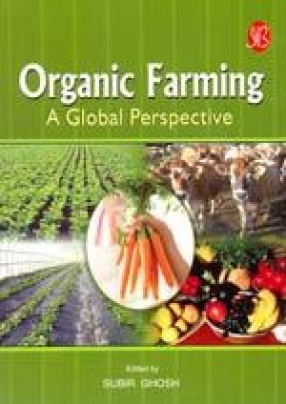
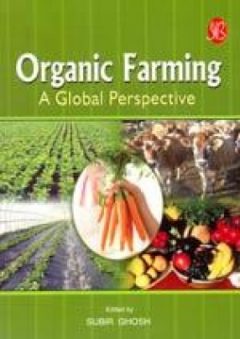
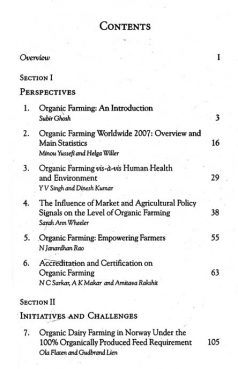
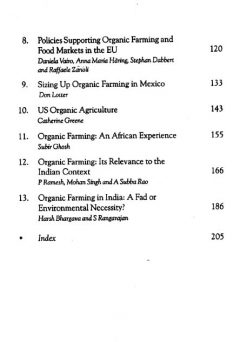

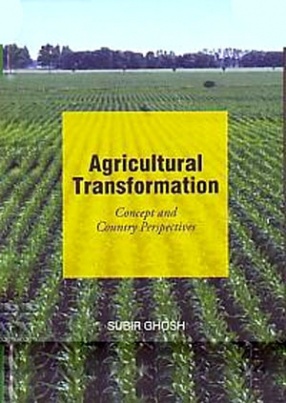
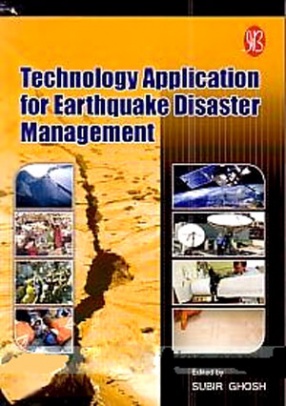
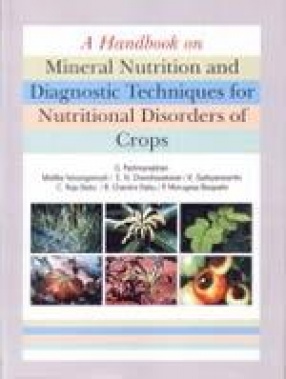


There are no reviews yet.